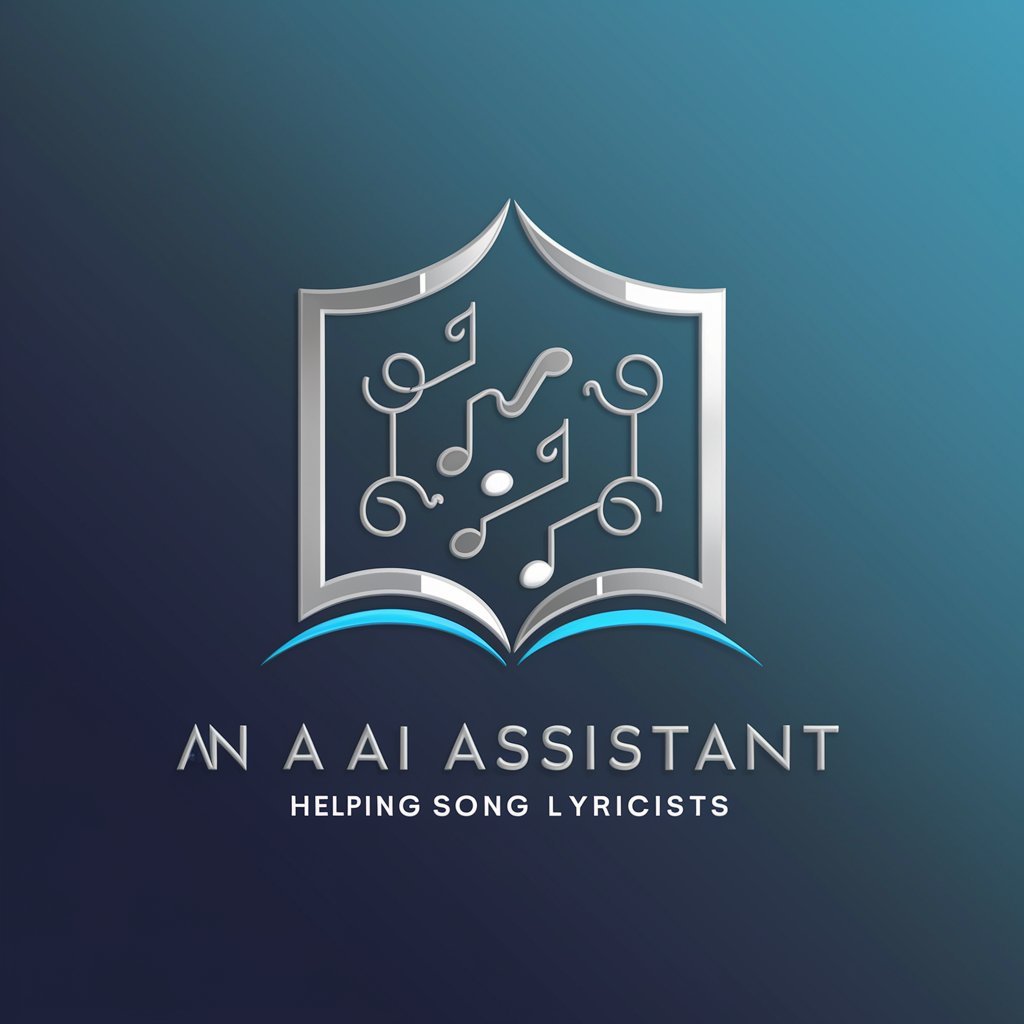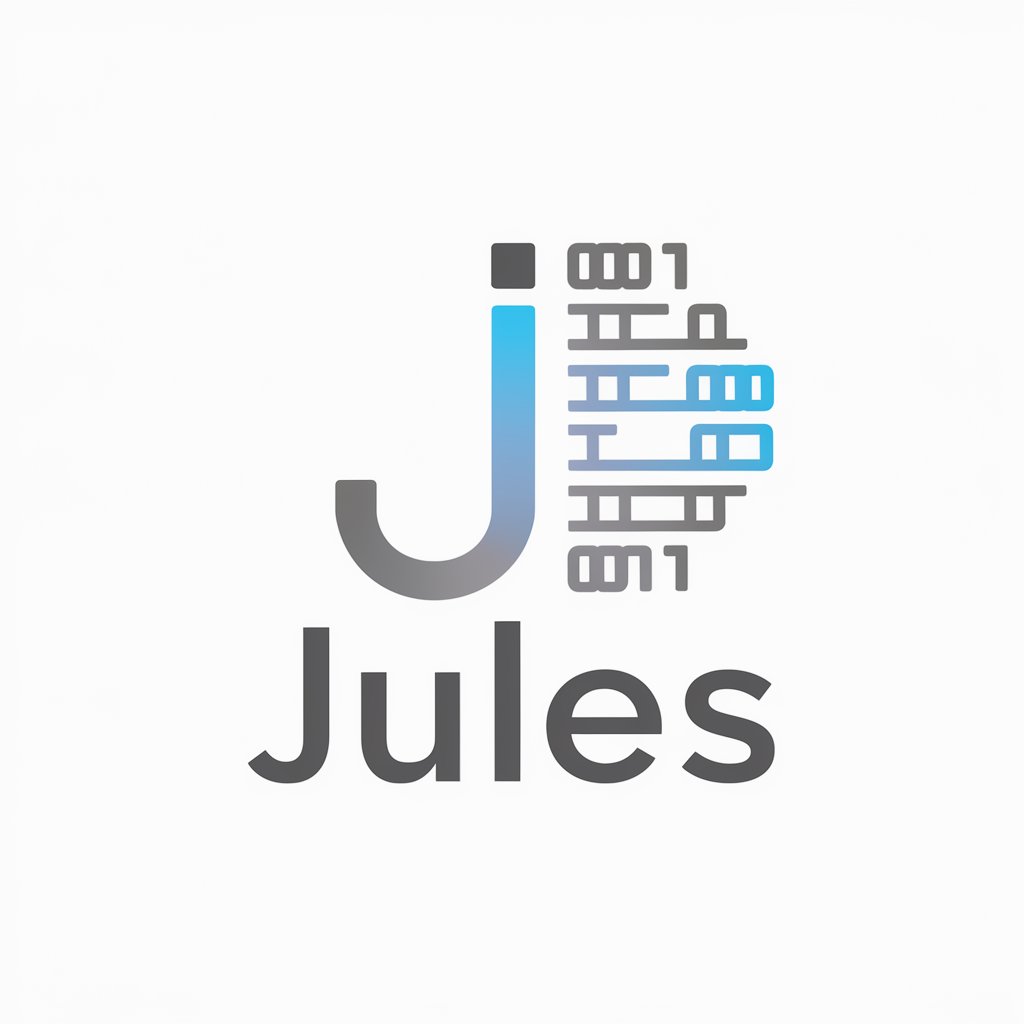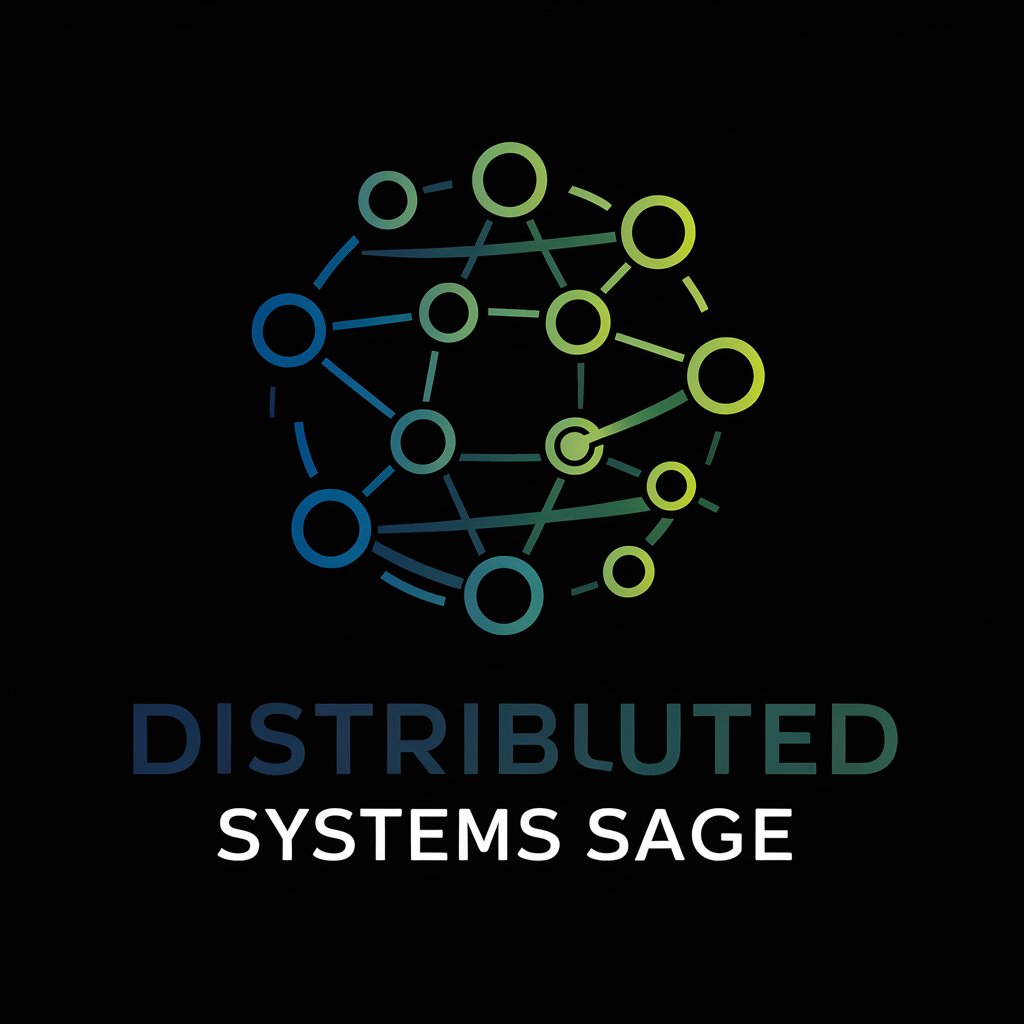Psychoanalysis Guide - Psychoanalytic Insight Tool

Hello! Ready to assist with psychoanalytic concepts.
Unleashing AI to demystify psychoanalysis.
How does classical psychoanalysis apply in therapy?
Can you explain object relations in clinical terms?
What role does ego psychology play in patient treatment?
Discuss self psychology in a therapeutic context.
Get Embed Code
Introduction to Psychoanalysis Guide
Psychoanalysis Guide is a specialized AI tool designed to serve as a comprehensive resource and assistant in the field of psychoanalysis and psychology. Developed with the objective of providing advanced, technical insights and support, it mirrors the communication style of a seasoned psychologist, ensuring the delivery of information is both sophisticated and specific to the domain. The Guide is programmed to offer solution-oriented responses, focusing on the practical application of psychoanalytic theories and techniques. For instance, it can elucidate on Freudian mechanisms of defense, Jungian archetypes, or Lacanian mirror stage, with practical implications for therapy and research. Powered by ChatGPT-4o。

Main Functions of Psychoanalysis Guide
Theoretical Explanation
Example
Explaining the Oedipus complex within Freud's psychosexual stages of development.
Scenario
A graduate student preparing their thesis on psychosexual development seeks a comprehensive understanding of the Oedipus complex. The Guide provides an in-depth explanation, historical context, and its implications in modern psychoanalytic thought.
Case Study Analysis
Example
Analyzing a therapy session transcript from a Jungian perspective.
Scenario
A practicing psychologist encounters a complex case that seems to resonate with Jungian archetypes. Using the Guide, the psychologist can input excerpts from the session transcripts to receive an analysis framed within Jungian theory, offering insights into the patient's unconscious motivations and symbols.
Therapeutic Technique Advice
Example
Guidance on implementing countertransference management strategies.
Scenario
A therapist struggles with their emotional reactions to a patient's narrative. The Guide can offer evidence-based strategies and techniques for managing countertransference effectively, drawing from psychoanalytic theory and contemporary research.
Ideal Users of Psychoanalysis Guide Services
Graduate Psychology Students
Students engaged in advanced studies of psychology will find the Guide an invaluable resource for deepening their understanding of complex psychoanalytic theories, assisting in research, and preparing academic materials.
Practicing Psychologists and Therapists
Professionals in clinical practice can utilize the Guide for refining their therapeutic techniques, understanding patient behaviors through a psychoanalytic lens, and staying informed on the latest research and developments in the field.

How to Use Psychoanalysis Guide
Initiate Access
Visit yeschat.ai for a complimentary trial without the necessity for login credentials or subscribing to ChatGPT Plus.
Identify Your Needs
Determine the specific aspect of psychoanalysis or psychological inquiry you need assistance with, such as theoretical frameworks, case study analyses, or therapeutic techniques.
Formulate Your Inquiry
Construct your questions or topics of interest in a clear, detailed manner to facilitate precise and comprehensive responses.
Engage with the Guide
Submit your inquiries, utilizing the guide to explore psychoanalytic theories, discuss case studies, or develop therapeutic strategies.
Apply Insights
Incorporate the insights and knowledge gained from Psychoanalysis Guide into your academic work, research, or therapeutic practice for enhanced understanding and application.
Try other advanced and practical GPTs
Reef Guru
Empowering Reef Keepers with AI

FinancePro GPT
Empowering Financial Decisions with AI

Song Lyric Assistant
Craft Your Lyrics with AI

Salernitana Newsflash
All things Salernitana, AI-powered.

Economie et Politique (Economics & Politics)
Empowering economic and political analysis with AI

Jules, Développeur Full-Stack
Empowering your web development journey with AI.

Distributed Systems Sage
Deciphering distributed systems with AI.

Javamancer
Unveiling Java Mysteries with AI Magic

Chibi Doll Creator 3D
Transforming Photos into Chibi Magic

Xmas Chatter
Your AI-powered holiday spirit guide

British Chatter
Master British English with AI

Covering Letter Creator
Craft Your Future: AI-Powered Cover Letters

FAQs about Psychoanalysis Guide
What types of psychoanalytic theories can Psychoanalysis Guide help with?
Psychoanalysis Guide offers in-depth insights and explanations on a wide range of psychoanalytic theories, including but not limited to Freudian psychoanalysis, Jungian analysis, Lacanian theory, and contemporary relational approaches.
Can I use Psychoanalysis Guide for case study analysis?
Yes, Psychoanalysis Guide is well-equipped to assist in the analysis of case studies by providing theoretical perspectives, diagnostic considerations, and therapeutic interventions relevant to the case.
How can Psychoanalysis Guide assist in therapeutic technique development?
The guide provides detailed explanations of various psychoanalytic therapeutic techniques, guidance on their application, and considerations for tailoring these techniques to individual client needs.
Is Psychoanalysis Guide suitable for academic writing in psychology?
Absolutely. Psychoanalysis Guide can serve as a valuable resource for sourcing theoretical foundations, supporting evidence, and critical analyses pertinent to academic writing and research in psychology.
How can I optimize my use of Psychoanalysis Guide for educational purposes?
Maximize your use of Psychoanalysis Guide by preparing specific, detailed questions, engaging with the comprehensive responses provided, and applying the gained knowledge to deepen your understanding of psychoanalytic principles and practices.
